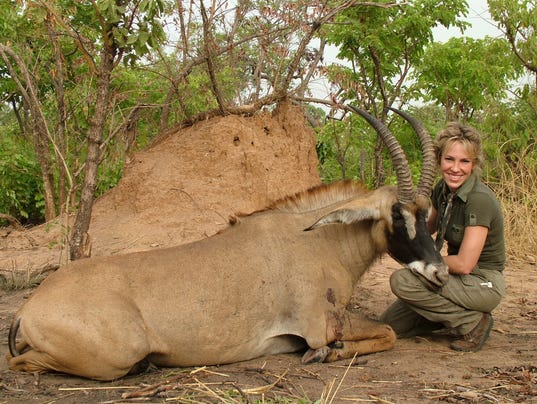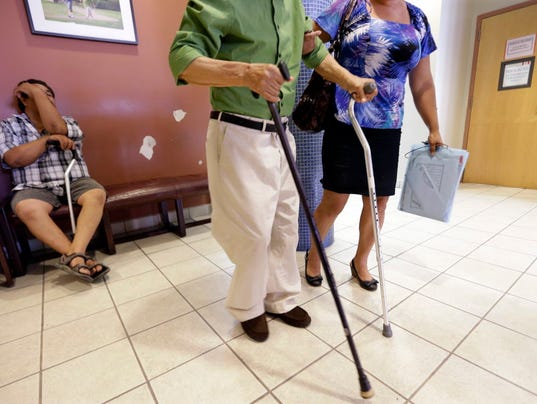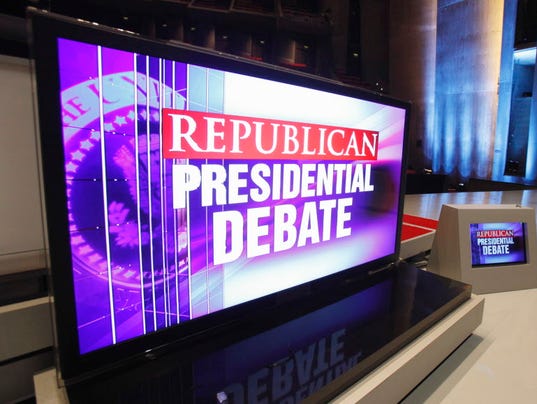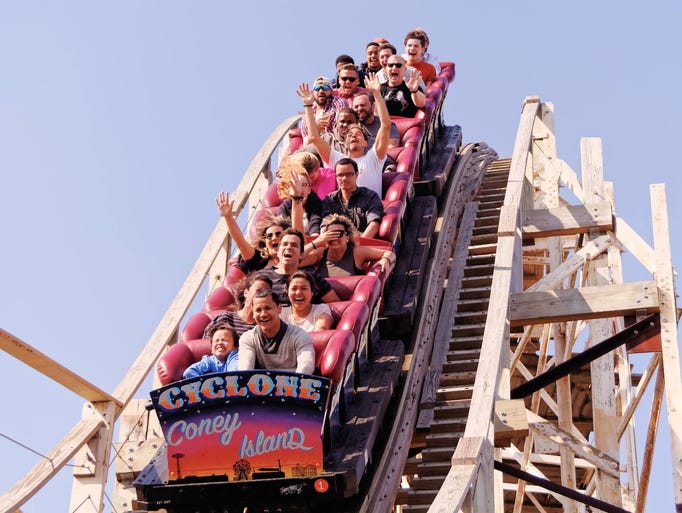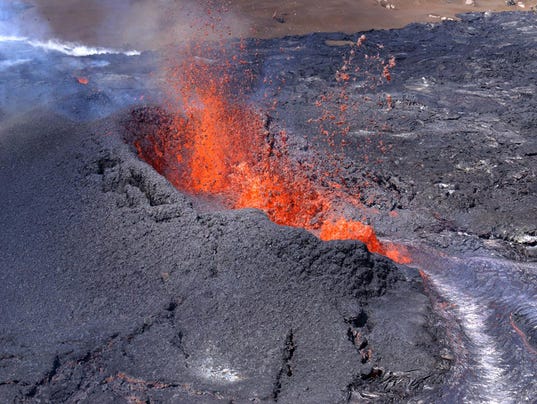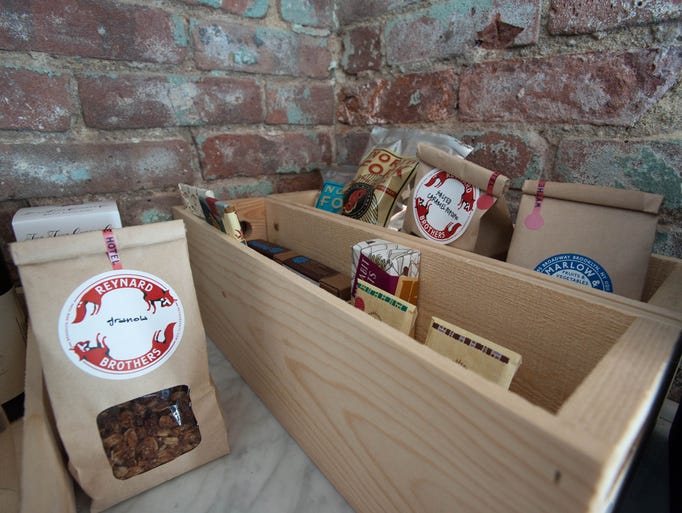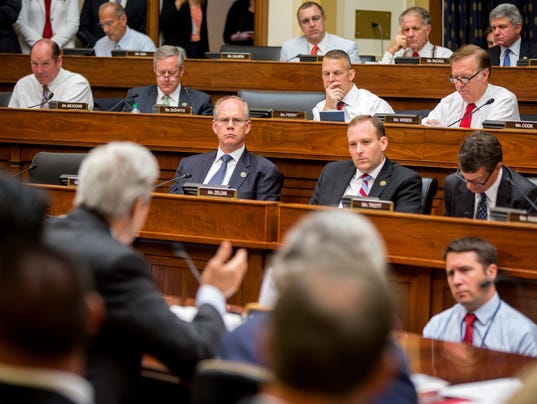Our broken campaign finance system has many harmful effects on our democracy beyond elections themselves. Among the worst, it exacerbates our nation's enduring racial and economic disparities by permitting the most powerful to spend billions to elect their preferred candidates and dictate policy while sidelining those who can't afford jumbo contributions. And because wealthy special interests can hide behind "dark money" groups that don't disclose their donors, the public increasingly does not even know who they are.
Since the Supreme Court's misguided Citizens United decision in 2010, dark money groups who disclose none of their donors have spent well over $600 million (according to the Brennan Center for Justice) on federal elections and are poised to set new records in 2016. Anecdotal evidence suggests that a lot of this money comes from major firms seeking to curry favor with the government. Dark money is a perfect way for these interests to avoid the scrutiny of voters and their own shareholders.
Dark money also takes a particularly toxic toll on poor and minority communities. We know these communities do not sharethe policy priorities of the political donor class. On issue after issue — from the minimum wage, to paid sick leave, to the regulation of predatory lenders — it is the donor class whose views and priorities win out in the end.
President Obama has spoken eloquently against dark money. But with a hostile Congress, many assume words are all he can offer to stem the tide of secret election spending. They're not.








